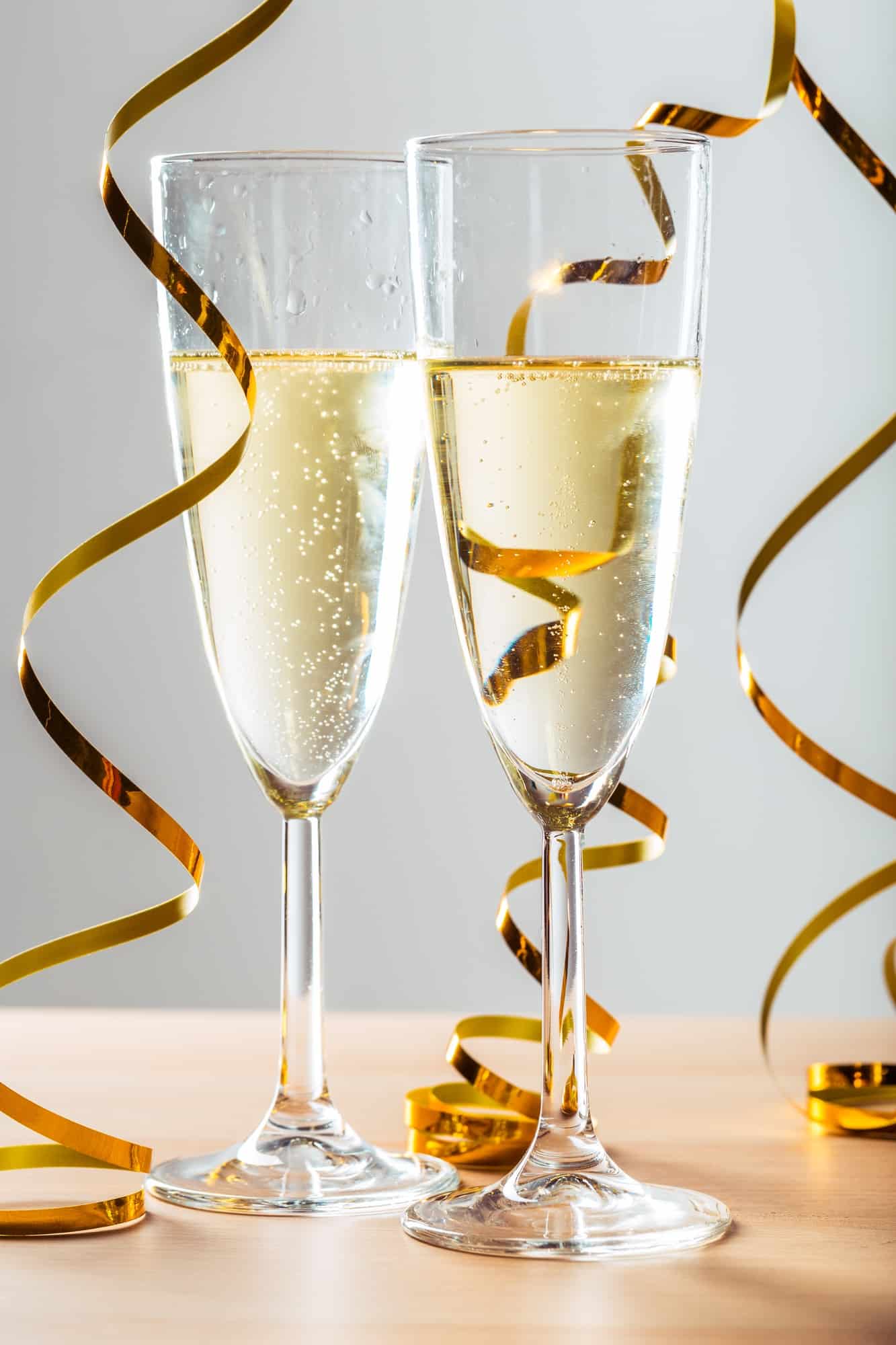A hangover after a night of heavy drinking is very common with 75 % of people who drink alcohol experiencing at least once. While there is no cure for a hangover there are certainly tips on how to prevent and manage symptoms. A recent survey of college students shows that timing of drinking matters, another study challenges water drinking as a remedy to combat the effects of alcohol, and yet another endorses Metamucil as a solution.
What is a Hangover?
A hangover may include negative mental and physical symptoms after a single episode of higher alcohol consumption when blood alcohol level (BAL) hits zero. You may get a headache, feelings of nausea, fatigue, or be in a “fog.” Good news is that a hangover vanishes within 8 to 24 hours. Why this happens is not completely understood but it is thought that a hangover is an inflammatory response to alcohol. It happens in both men and women, and at any age after consuming usually larger amounts of alcohol.
Do certain alcoholic drinks lead to fewer hangovers?
There is no alcohol that does not cause a hangover in higher amounts but better to choose ones low in congeners (product of fermentation) or lighter in color including white wines, light beers, vodka, and gin instead of darker beverages like tequila, or scotch however be cautious of light “bubbly,” like champagne as gas (carbon dioxide) that makes the bubbles can speed up the rate of alcohol absorption into the blood.
Does drinking late at night lead to more hangovers in the morning?
In a recent study of college students, it was reported that the later in the night you drink, the less sleep you get, and the more prone to getting a hangover the following day. Those who drank later in the night typically reported a shorter sleep duration and greater next day chance of hangover than those who drank earlier.
Can drinking water prevent a hangover?
Maybe, but some studies say no. In a recent survey in ScienceDirect this month, it was found that drinking alcohol causes both dehydration (by making you pee more), and a hangover but fixing one does not cure the other. Water consumption during or after alcohol consumption in the survey had only a modest effect on preventing the next day hangover. In other words, alcohol can give you a both a hangover and make you thirsty but drinking water helps stop dehydration but may not help with a hangover.
What about eating dietary fibers like Metamucil, can this help prevent hangover?
Maybe, but we need more studies to support. In a recent study in Korea, psyllium fibers found in products like Metamucil improved hangovers by reducing inflammation in the gut and liver, and by binding with the alcohol directly to slow its absorption. To prevent hangovers, try taking Metamucil as directed (especially if you are already taking), 30 minutes to an hour before alcohol drinking.
Other Tips on how to prevent a hangover?
The best remedy is not over drink and turn towards lower alcohol content beverages, and lighter color beverages if possible. If you are an avid red wine lover, enjoy but drink in moderation keeping in mind that the sulfites in red wine may cause a headache.
Tips or best practices for the holidays: drink in moderation with no more than one drink per hour, avoid, “shots,” (due to high alcohol content), drink water, juices, or ginger ale to stay hydrated, eat food before or while drinking-it has been suggested higher fat foods like avocado or guacamole for the table or high fiber foods including Brussell sprouts, or popcorn can help, and try to stick to one type of drink for the night.
If you get a hangover despite best efforts tips to feel better sooner include getting lots of sleep and even an afternoon nap to refresh, hydrate up with electrolyte containing juices (as can lose salt and other electrolytes), add honey to your toast (helps with low sugar), and even eat an egg as rich in nutrients including amino acid cysteine (reduces inflammation).
So, have a Happy New Year, and if your celebration includes alcoholic spirits remember to drink in moderation, keep hydrated, and eat lots of food and drink earlier in the night, if possible, to avoid that pesky morning hangover.




 Have Questions? AskDoctorH
Have Questions? AskDoctorH